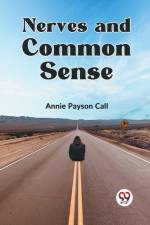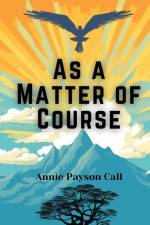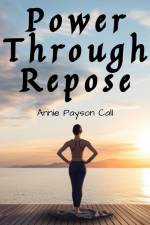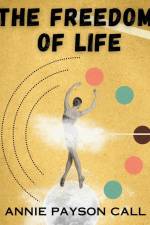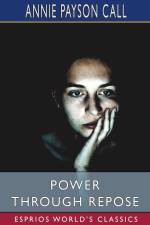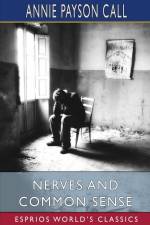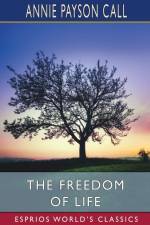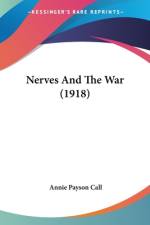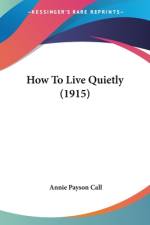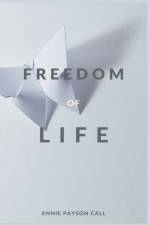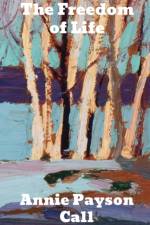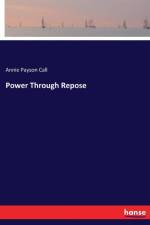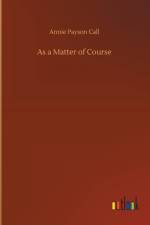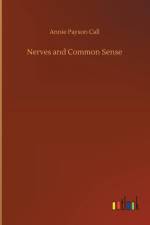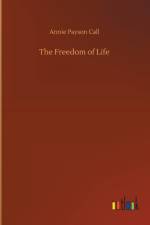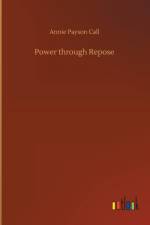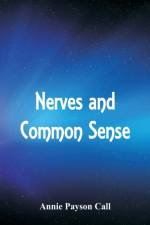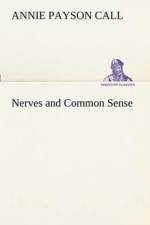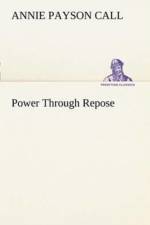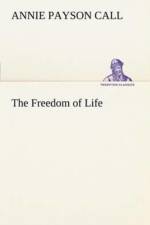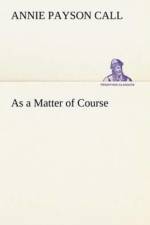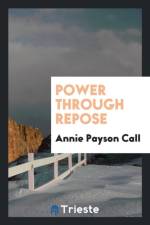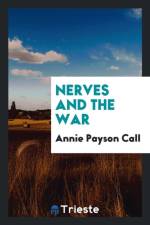von Annie Payson Call
16,00 €
Interior freedom rests upon the principle of non-resistance to all the things which seem evil or painful to our natural love of self. But non-resistance alone can accomplish nothing good unless, behind it, there is a strong love for righteousness and truth. By refusing to resist the ill will of others, or the stress of circumstances, for the sake of greater usefulness and a clearer point of view, we deepen our conviction of righteousness as the fundamental law of fife, and broaden our horizon so as to appreciate varying and opposite points of view. The only non-resistance that brings this power is the kind which yields mere personal and selfish considerations for the sake of principles. Selfish and weak yielding must always do harm. Unselfish yielding, on the other hand, strengthens the will and increases strength of purpose as the petty obstacles of mere self-love are removed. Concentration alone cannot long remain wholesome, for it needs the light of growing self-knowledge to prevent its becoming self-centred. Yielding alone is of no avail, for in itself it has no constructive power. But if we try to look at ourselves as we really are, we shall find great strength in yielding where only our small and private interests are concerned, and concentrating upon living the broad principles of righteousness which must directly or indirectly affect all those with whom we come into contact. A neat short read. If you are familiar with Lao Zi's "Dao De Jing" and the basic tenets of Buddhism, you will recognise some of the central themes discussed here. While Lao Zi and Buddhism take a philosophical and somewhat mystical approach in addressing topics like "effortless effort", "acceptance of one's circumstances" and "mindfulness", Annie Payson Call approaches them from a more logical, "mental health" kind of approach, although there is some mention of the spiritual. Whichever approach one finds more appealing, the end objective is the same, ie. to live a more stress-free and productive life. She also elaborates on the meaning of the Bible saying "Resist Not Evil", which I was surprised to find fits in nicely with the Buddhist concept of acceptance. It should be stressed that both "non-resistance" and "acceptance" do not equal resignation to one's circumstances, but rather a calm acceptance of the reality of the situation one finds oneself in, no matter how unpleasant it is or how much the mind insists that it shouldn't be so. Only with calm acceptance ie. non-resistance of reality, can one then have the equanimity to formulate the right way forward. This is where "effortless effort" comes in, ie. to always just do what is right, without unduly stressing about the outcome.

